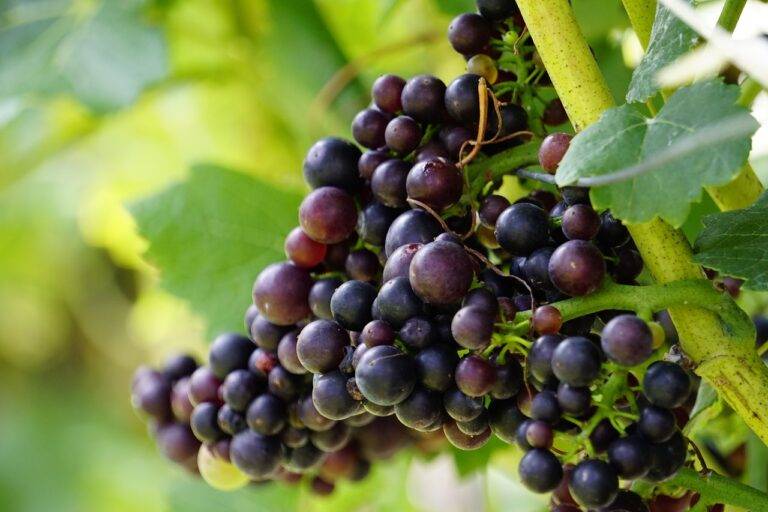How to Grow Organic Fruits in Your Backyard: Betbhai9 whatsapp number, Radhe exchange admin, Lotus365.win login
betbhai9 whatsapp number, radhe exchange admin, lotus365.win login: Growing organic fruits in your backyard can be a rewarding and sustainable way to enjoy fresh produce right at home. Not only does it help reduce your carbon footprint, but it also allows you to have control over the growing process and know exactly what goes into your food. Whether you’re a seasoned gardener or a beginner looking to try your hand at growing fruit, here are some tips on how to grow organic fruits in your backyard.
Choosing the Right Plants
Before you start digging in your backyard, it’s important to choose the right plants for your climate and space. Consider the amount of sunlight your backyard receives, as most fruit plants require full sun to thrive. Some popular options for organic fruit growing include strawberries, blueberries, raspberries, apples, and pears. Make sure to research the specific needs of each plant before deciding on what to grow.
Preparing the Soil
Organic fruit plants thrive in nutrient-rich soil, so it’s important to prepare your soil before planting. Start by testing the pH levels of your soil to ensure it’s within the optimal range for fruit plants. You can add compost, manure, or organic fertilizer to improve soil quality and provide essential nutrients to your plants. It’s also a good idea to mulch around your plants to help retain moisture and suppress weeds.
Planting and Watering
When planting your fruit plants, make sure to follow the spacing recommendations for each plant to allow for proper root development. Water your plants regularly, especially during dry periods, but be careful not to overwater as this can lead to root rot. Consider investing in a drip irrigation system to ensure your plants receive consistent moisture without wasting water.
Pruning and Maintenance
Regular pruning is essential for maintaining healthy, productive fruit plants. Remove any dead or diseased branches, as well as any suckers or excess growth. Pruning helps improve air circulation and sunlight exposure, leading to better fruit production. It’s also important to check for pests and diseases regularly and treat them organically using natural methods such as neem oil or beneficial insects.
Harvesting and Enjoying
When it comes time to harvest your organic fruits, make sure to pick them at the peak of ripeness for the best flavor and nutrition. Avoid picking fruits too early or too late, as this can affect their taste and texture. Enjoy your fresh-picked fruits right from the garden, or consider preserving them by canning, freezing, or making jams and preserves to enjoy throughout the year.
FAQs
Q: Can I grow organic fruits in containers?
A: Yes, many fruit plants can be grown in containers, making them suitable for small spaces like balconies or patios. Just make sure to choose containers that are large enough for root development and provide proper drainage.
Q: How do I control pests and diseases organically?
A: Use natural methods such as companion planting, beneficial insects, physical barriers, and organic sprays like neem oil or garlic spray to control pests and diseases in your organic fruit garden.
Q: Do I need to fertilize my organic fruit plants?
A: While organic fruit plants benefit from nutrient-rich soil, you can supplement with organic fertilizers like compost, manure, or seaweed extract if needed. Just be cautious not to over-fertilize, as this can lead to nutrient imbalances.







